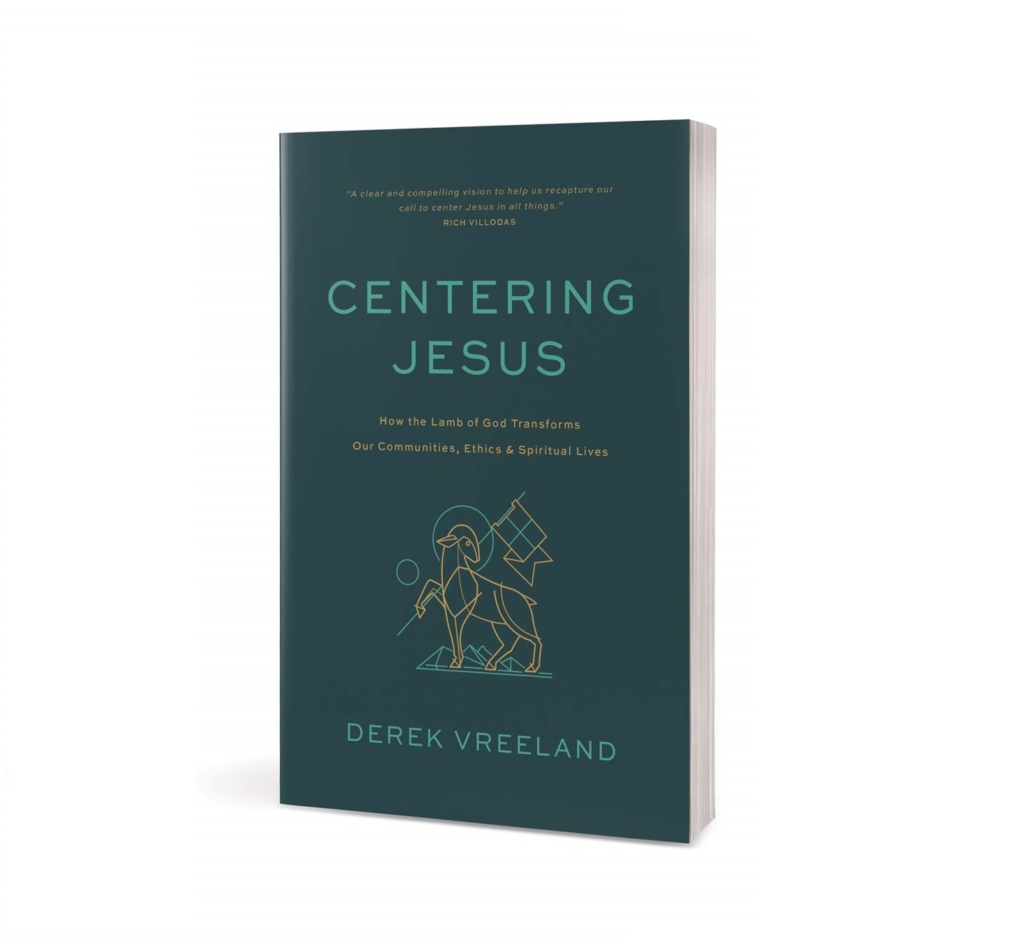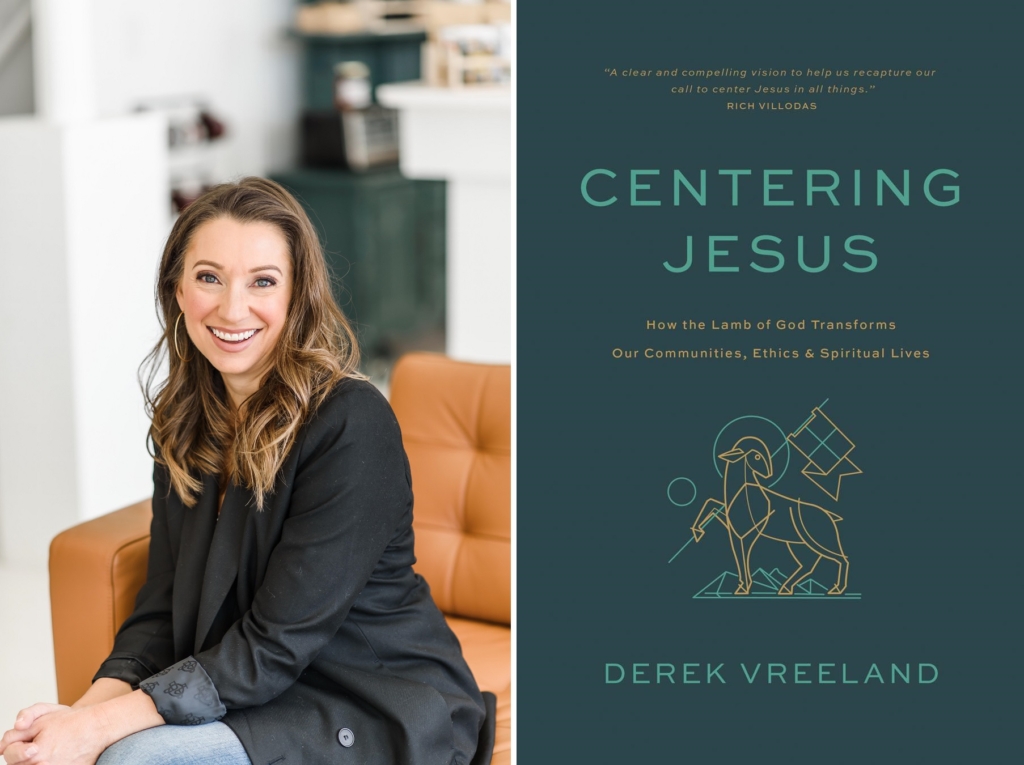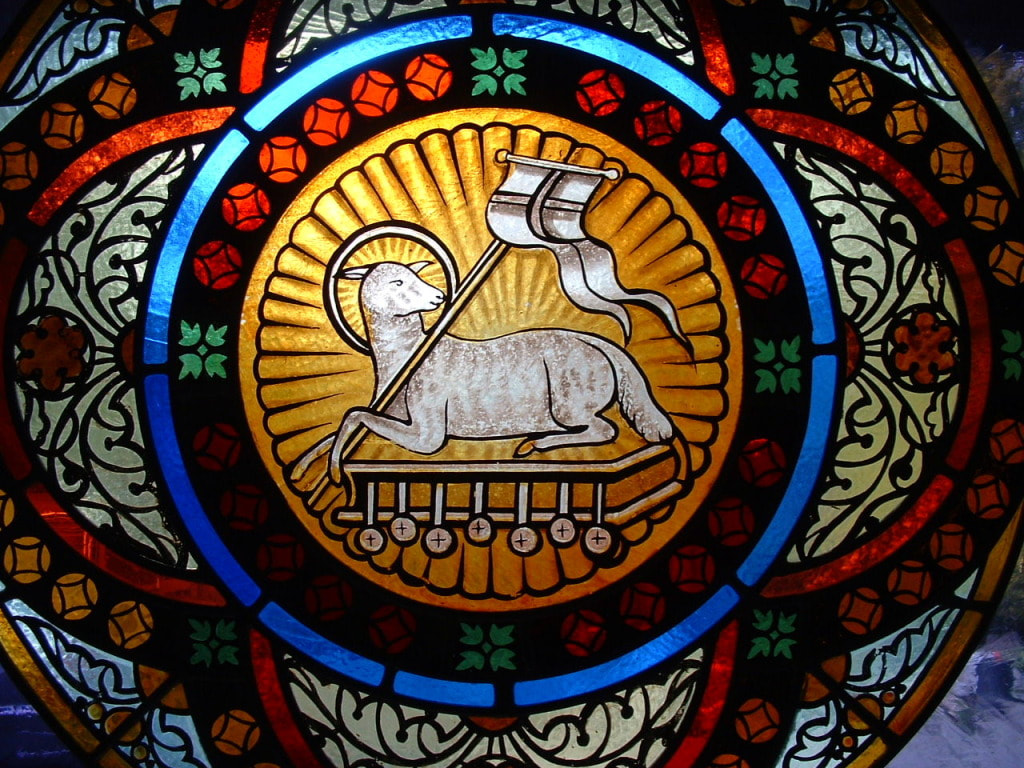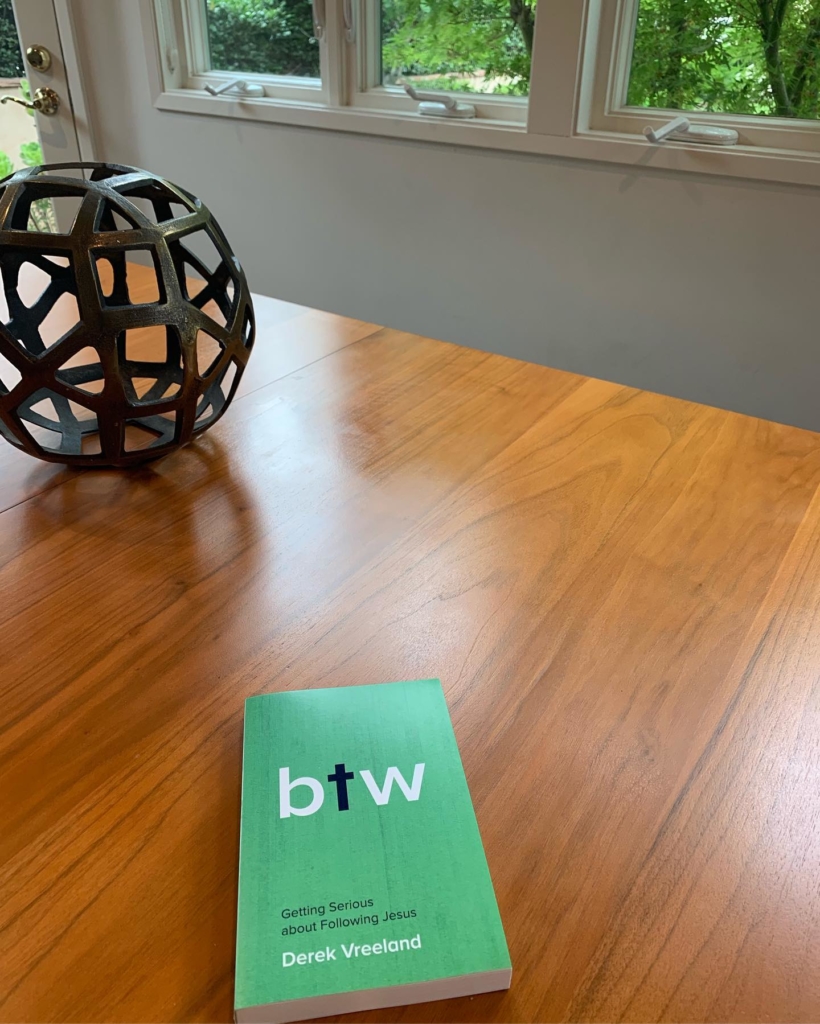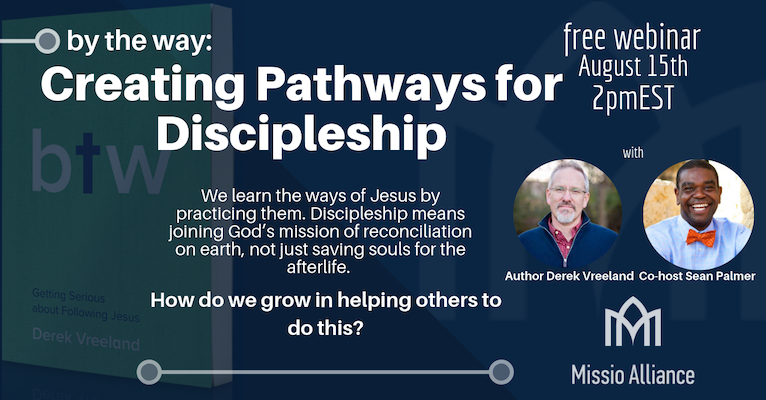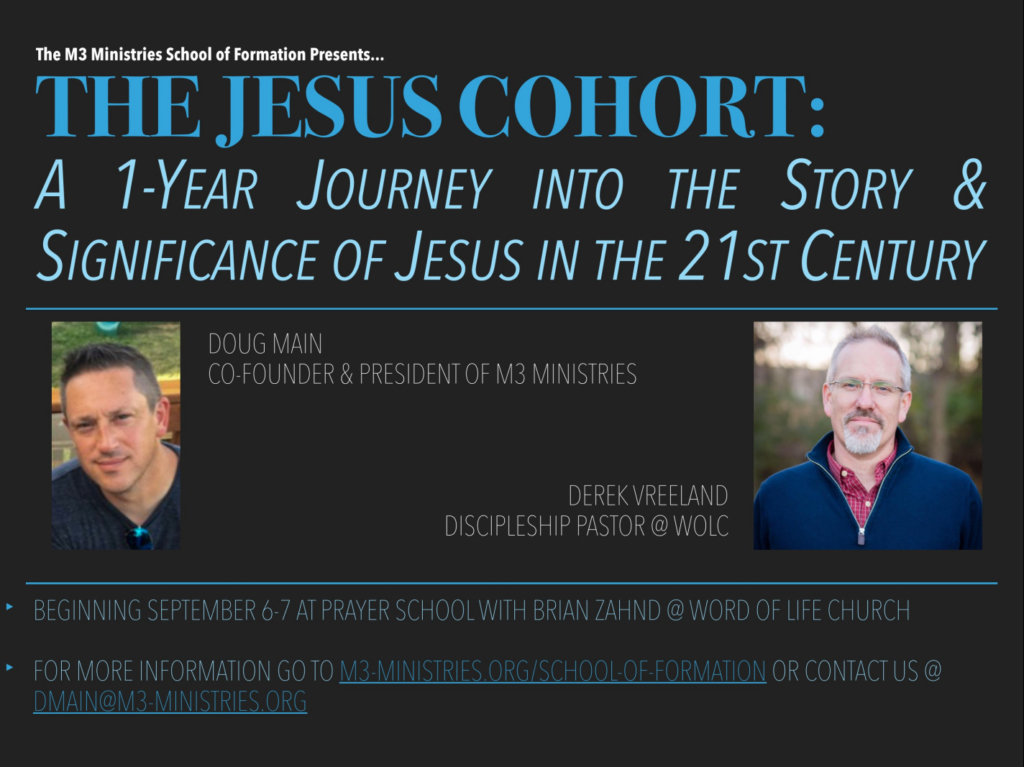Daily Office Lectionary: Revised and Updated


I’m happy to announce the release of my latest writing project—the Daily Office Lectionary: Revised and Updated.
I came to faith in a Southern Baptist church in the heart of the evangelical tradition. When I was a teenager my Baptist pastors, teachers, and mentors taught me (among other things) to love the Bible. I would spend hours in my teenage bedroom reading the Bible, taking notes, and jotting down my questions. Even after I stepped away from worshiping in a Baptist context, I continued to be devoted to the Scriptures.
As a young pastor in a non-denominational church, I found my Bible reading waning. I struggled with the motivation to read the Bible devotionally when a lot of my work as a pastor included studying, preaching, and teaching the Bible.
Nearly every January I’d pick up a new Bible reading plan. I tried reading a chapter a day. I tried two different versions of The One-Year Bible. I tried, and failed to complete, many Bible reading checklists! Nothing seemed to work. I was frustrated.
I felt a bit embarrassed that I could not find my groove.
I wanted to be consistent in my Bible reading, but nothing seemed to click until I discovered the Daily Office Lectionary in the back of The Book of Common Prayer (BCP), the prayer book of the Episcopal Church. I didn’t grow up with a prayer book, but I discovered the BCP when I learned to pray written, liturgical prayers. The lectionary invited me into a simple rhythm of Bible reading that has been life-giving!
For years I have used the 1979 BCP during morning prayer which includes Bible reading following the Daily Office Lectionary.
“Lectionary” is a traditional word for a collection of Scripture passages to be read at a particular time. The “daily office” refers to fixed times of prayer throughout the day. While the Church of England designed the Daily Office Lectionary for Scripture reading in both the morning and evening, this revised and updated lectionary is for morning Bible reading.
The primary revision of this lectionary has been the removal of the readings from the Apocryphal or deuterocanonical books. In their place are additional readings from the Old Testament.
While this two-year Bible reading plan will not take you through the entire Bible, it covers the majority of both the Old and New Testaments. The readings are organized around the liturgical calendar beginning with Advent. So while you can start the Daily Office Lectionary at any time, Advent is the perfect time to begin!
The best feature of the Daily Office Lectionary is the order of the readings. Every day you will be given a passage from the Old Testament, the Epistles, and the Gospels—in that order. The last thing you will read every day is something from Jesus or something about Jesus. This lectionary provides the passages to read every day. You are free to read in whatever translation of the Bible you prefer.
Order your copy of the Daily Office Lectionary on Amazon.com! Paperback and Kindle versions are available.
